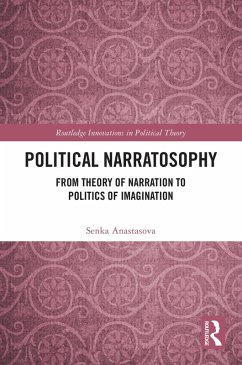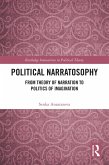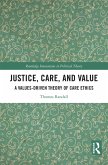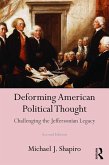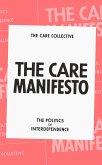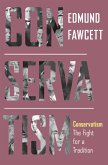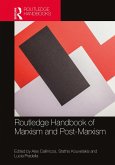Dieser Download kann aus rechtlichen Gründen nur mit Rechnungsadresse in A, B, BG, CY, CZ, D, DK, EW, E, FIN, F, GR, HR, H, IRL, I, LT, L, LR, M, NL, PL, P, R, S, SLO, SK ausgeliefert werden.
James Martel, Professor of Political Theory and Anarchist Politics, San Francisco State University
"How do we narrate identity, experience, and life in a world we are never sure is real? Whether grappling with epistemological concerns in post-structuralist aesthetic theory or political memory in post-socialist Macedonia, Senka Anastasova never flinches from the challenge of thinking through and beyond the challenges to narrativity."
Jodi Dean, author of Comrade: An Essay on Political Belonging
"Senka Anastasova's Political Narratosophy brilliantly explores the "transit zone" between the worlds of fiction and history, text and context, subject identification and disidentification. These transit zones are full of violence, relations of domination, and historical trauma, but also processes of resistance and emancipation. This book traces the fraught borderline between work and world in the writings of female authors living through the period of 20th century communism and its aftermath."
Cristian Sorace, Professor of Politics and International Studies, University of Cambridge

